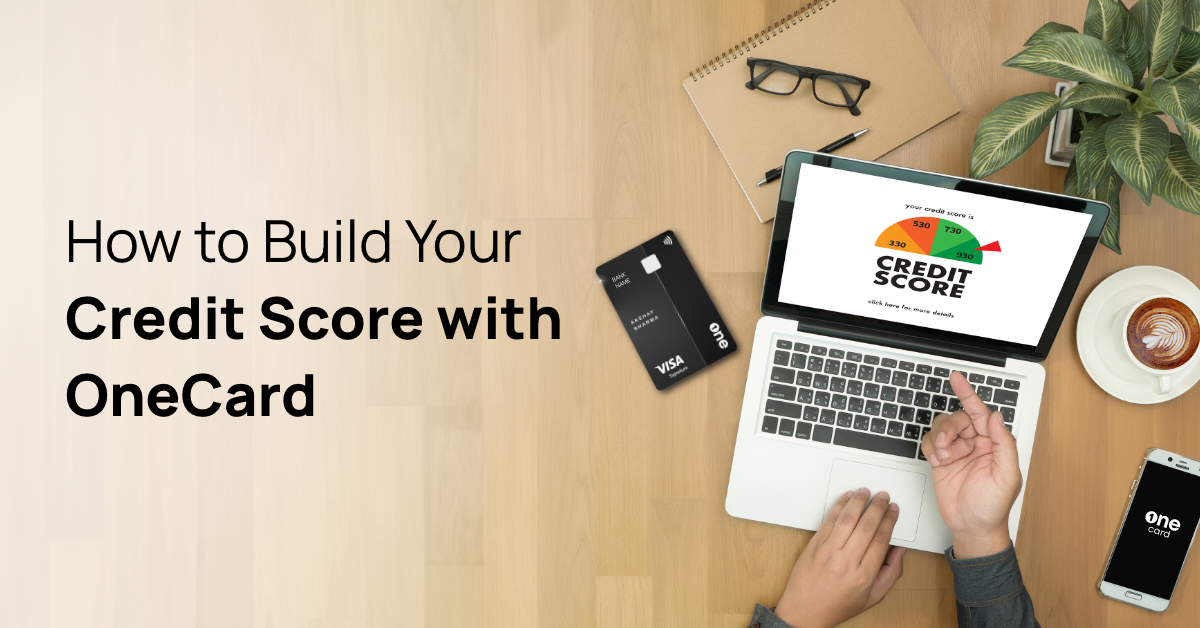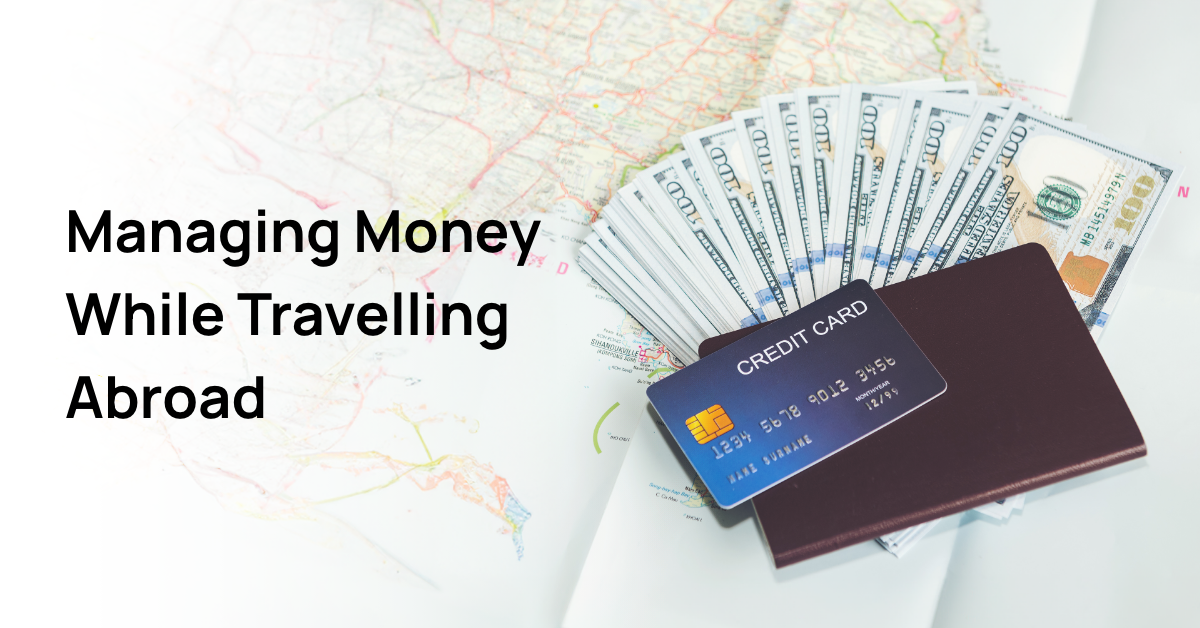How To Use Your OneCard to Build Your Credit Score
By OneCard | December 11, 2023

A good credit score is very critical to determining your credit eligibility. It also determines the terms of the loan as well as the interest rates you will need to pay. And while the internet will already have a lot of information on how to increase your credit score, this blog is aimed at helping you understand how to use your OneCard to build or improve your credit score.
Best practices to improve your credit score using OneCard
1. Repay your bills on time
Your repayment history is one of the most important factors that determines your credit score. If you make timely payments on your credit card bill, your credit score will improve over time. Aim to make the full payment before the due date, and if you are unable to pay the full dues, you should at least pay the minimum amount due. If you tend to forget deadlines, you can set up Auto-Pay to never miss the due date. It is also recommended to use the OneCard app to make repayments, as using third-party apps may delay the settlement of your bill. So, even if the money is deducted from your account, it may not reach us immediately. This is particularly valid if you are paying very close to the due date.
ALSO READ: How to pay your OneCard bill
2. Avail EMI options when needed
If you are unable to pay your full dues or want to buy something expensive, you should explore the EMI options on OneCard. These include converting your bill to EMI, availing merchant EMI, converting larger transactions to EMIs, etc. This will help you manage your funds better and avoid any chances of not being able to pay bills on time.
3. Monitor your credit usage
Especially if you are a first time credit card user, avoid exhausting your credit limit. Instead, you can gradually increase your spending on the card so you can better manage your finances. Ideally, you should maintain a credit utilisation of not more than 30% to have a positive impact on your credit score. To manage your spends, set a monthly budget on your OneCard app so you can get timely alerts if you overspend. You can also keep track of your credit utilisation ratio via the OneScore app.
4. Monitor your credit profile
If you are a first time credit user, it may take 4 to 12 months to notice any significant change in your credit score. However, it is a good idea to check how your credit score is performing and what factors are affecting it using an app like OneScore. In the app, you will be able to track all of your active credit accounts, including your OneCard, other credit cards, home loans, etc. It will also tell you if a particular factor is negatively affecting your credit score. For example, you might not have the same address across your credit accounts, and this may impact your credit score negatively. So, you can proactively connect with the credit issuers to rectify the same.
Things to avoid to protect your credit score
1. Paying the minimum due for a long time
If you keep paying just the minimum due for a long time, your credit card dues can easily turn into a debt trap. So, it is best to manage your expenses proactively to avoid getting into a situation where you are unable to pay your full dues on time. On the OneCard app, set a monthly budget using the Spends Planner to track your credit usage.
2. Maxing out your credit limit
One of the major factors that influences your credit score is your credit utilisation ratio. While an ideal credit utilisation ratio is 30%, sometimes you may end up spending more than that. Even if you do, try repaying some of the outstanding balance and avoid fully utilising your credit limit to keep your credit score healthy. You can proactively check your credit utilisation across all of your credit cards using the OneScore app.
3. Skipping bills due to discrepancies
On some rare occasions, if you find a discrepancy in your credit card statement, immediately get in touch with us via the Help section in the app. However, if the due date is very close, don’t skip paying your bill. If the discrepancy is valid, it will be solved in due time. However, if you miss paying the bill, it can negatively affect your credit score.
If you need more information on how to make the best use of your OneCard, you can check out the multiple credit card blogs we have hosted on our website. Alternatively, if you have any specific query associated with the app, simply visit the Help section to get a quick resolution.
FAQs
1. What is a good credit score?
A credit score can range between 300 and 900 if you look at the scales provided by two popular services, which are CIBIL and Experian. A credit score above 700 is considered good, and a credit score above 750 is considered excellent.
2. How can I get an 800 Cibil score?
By consistently working on factors that contribute to your credit score, such as making timely repayments, having a good mix of credit accounts, not closing older credit cards, maintaining a healthy credit utilisation ratio, not applying to multiple credit facilities simultaneously, etc., you can gradually improve your credit score and get it closer to 800.
**Disclaimer: The information provided in this webpage does not, and is not intended to, constitute any kind of advice; instead, all the information available here is for general informational purposes only. FPL Technologies Private Limited and the author shall not be responsible for any direct/indirect/damages/loss incurred by the reader for making any decision based on the contents and information. Please consult your advisor before making any decision.



Sharing is caring 😉